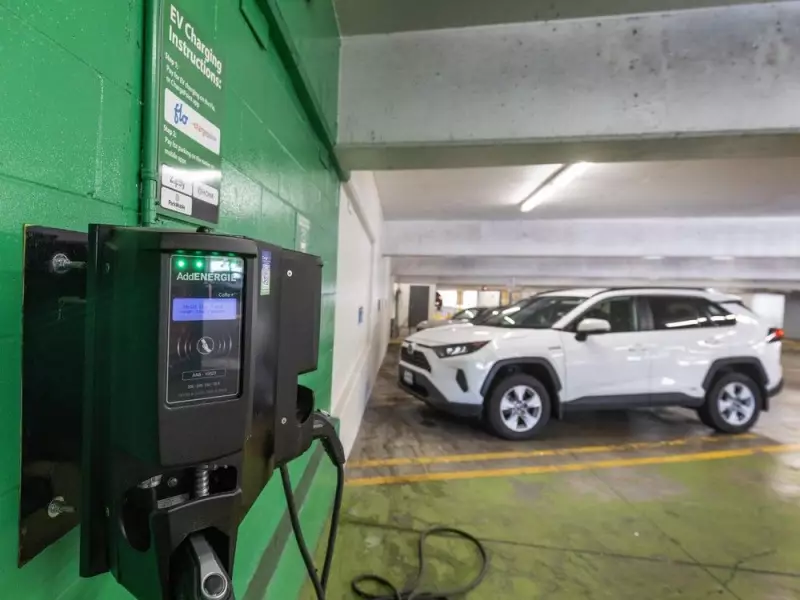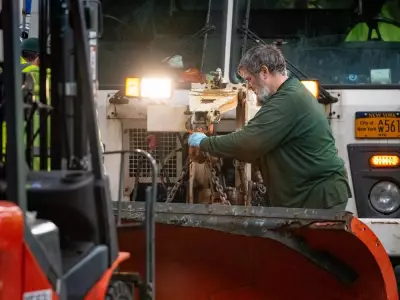
British Columbia's journey toward an electric vehicle future is facing a critical roadblock that could derail the province's ambitious climate goals. Despite growing consumer interest and government incentives, a severe shortage of public charging stations is creating "range anxiety" and hesitation among potential EV buyers.
The Infrastructure Gap Threatening BC's Green Transition
Recent data reveals a troubling disconnect between EV adoption rates and the necessary supporting infrastructure. While EV sales are climbing, the charging network isn't keeping pace, creating a classic chicken-and-egg scenario that's slowing the transition to cleaner transportation.
"The lack of charging infrastructure is becoming the single biggest barrier to EV adoption in many communities," explains an industry analyst familiar with the situation. "People want to make the switch, but they need confidence that they can charge their vehicles when away from home."
Urban-Rural Divide Exacerbates the Problem
The charging station shortage is particularly acute outside major urban centers. While Vancouver residents might find adequate charging options, drivers in smaller communities and rural areas often face charging deserts that make EV ownership impractical.
- Many multi-unit residential buildings lack charging infrastructure
- Workplace charging remains limited despite growing demand
- Highway corridors need more fast-charging options for long-distance travel
- Smaller communities are being left behind in the EV revolution
Government Targets vs. Infrastructure Reality
BC's government has set aggressive targets for zero-emission vehicle adoption, aiming for all new light-duty car and truck sales to be zero-emission by 2035. However, current infrastructure investment isn't aligned with these ambitious goals.
Industry experts warn that without significant acceleration in charging station deployment, these targets may be impossible to achieve. The gap between policy ambition and practical implementation is becoming increasingly apparent to consumers and industry stakeholders alike.
The Economic Implications of Delayed Adoption
The charging infrastructure gap isn't just an environmental concern—it has real economic consequences. Delayed EV adoption means:
- Slower reduction in transportation emissions
- Missed opportunities in the growing clean technology sector
- Continued reliance on imported fossil fuels
- Potential loss of green manufacturing and service jobs
Solutions on the Horizon
Despite the challenges, there are signs of progress. Both public and private sectors are beginning to recognize the urgency of the situation. BC Hydro and other utility providers are expanding their charging networks, while private companies are investing in commercial charging stations.
The path forward requires coordinated action: increased public investment, streamlined permitting processes for charging stations, and incentives for private sector participation. Without these measures, BC risks falling behind in the global transition to electric transportation.
As one EV advocate noted, "We're at a critical juncture. The technology exists, the consumer interest is there—now we need the infrastructure to connect them." The success of BC's clean energy future may well depend on how quickly we can bridge this charging gap.






